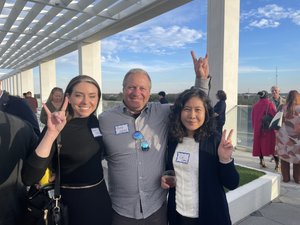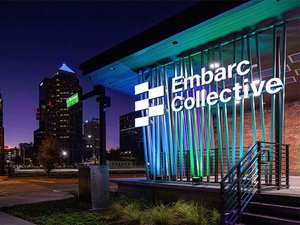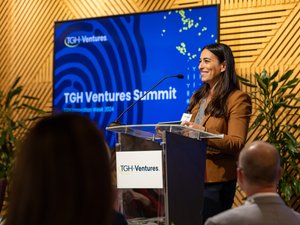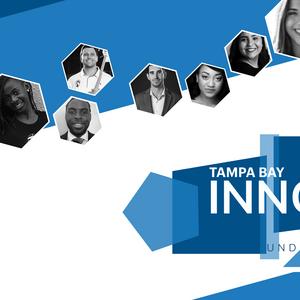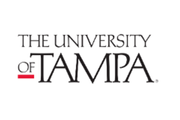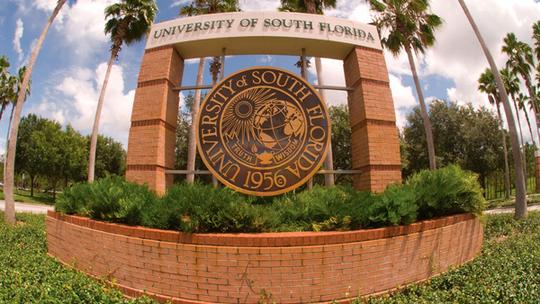
University of South Florida president Steven Currall has long known about the power of the education system on the startup community. In 1997, Currall came across an article in Fortune Magazine that outlined the role Stanford University played in the development of Silicon Valley and over two decades later, the article has still stuck with him.
"I was really fascinated by that — not so much because I was fascinated with the entrepreneurs, although I found them interesting," Currall said in a sit down with Tampa Bay Inno after one month on the job. "What I really found interesting was this element of other university missions. So not just teaching, not just research, not just public service. But there’s this fourth dimension of regional economic development. Of course with the story of Stanford you got the spinouts that eventually developed into Silicon Valley. So I’ve become sort of a student of that, I’ve used that as a bit of inspiration."
Two years later, he founded the Rice Alliance for Technology and Entrepreneurship which, at the time, was the largest business competition for graduates in the country.
Despite Silicon Valley and Stanford having a completely different history and makeup than Tampa Bay, Currall believes the region can learn lessons from the technology mecca and implement it locally.
"I’m not suggesting we try to transplant something that worked out there," he said. "We have our own state, own regional and state government but I think there are some generic principles. The university can play this catalyst role and see itself not just as educating students and doing research, but really being a player in economic development through these spinout companies and the development of intellectual property. So, I think those apply anywhere, actually."
Another common theme throughout the startup ecosystem, Currall said, is the issue of funding. But he added the universities can also play a role in getting investors interested in the Sunshine State.
"There is a startup culture here and there’s startup financing," he said. "But (funding) is hard, that’s really a very big challenge in every setting. And it's so asymmetrical now: you have so much going into Northern California, so much going into Boston and Austin. (To help, you need) universities creating discoveries, partnering with entrepreneurs and alumni, and trying to get early stage investors involved."
While Tampa Bay is still in its infancy in the startup community, Currall believes the university can help the ecosystem as a whole be pushed to its fullest.
"I would go as far to say there’s no mature entrepreneurship and innovation eco system without a global research university. And that’s our role," he said. "We need to be the anchor, academic institution here with our partners: University of Tampa, state colleges, community colleges. So it’s all an ecosystem, but we need to fulfill that role — and I think we are fulfilling that role — but there’s more we can do."
